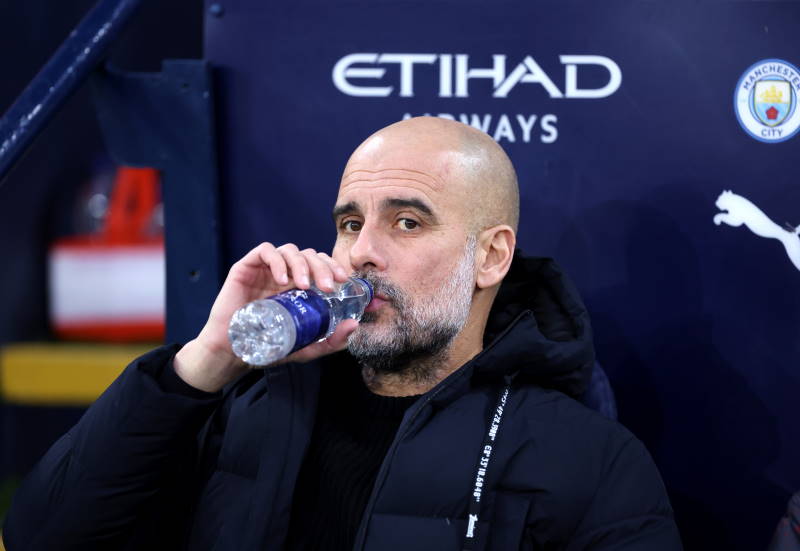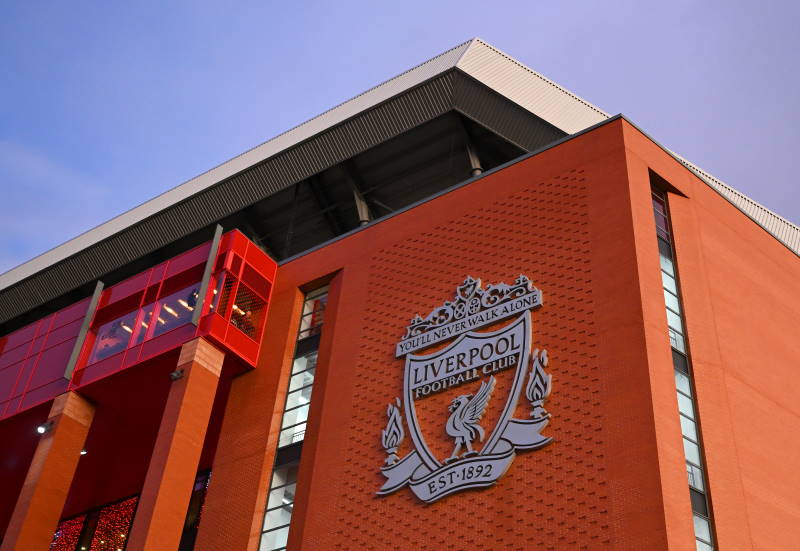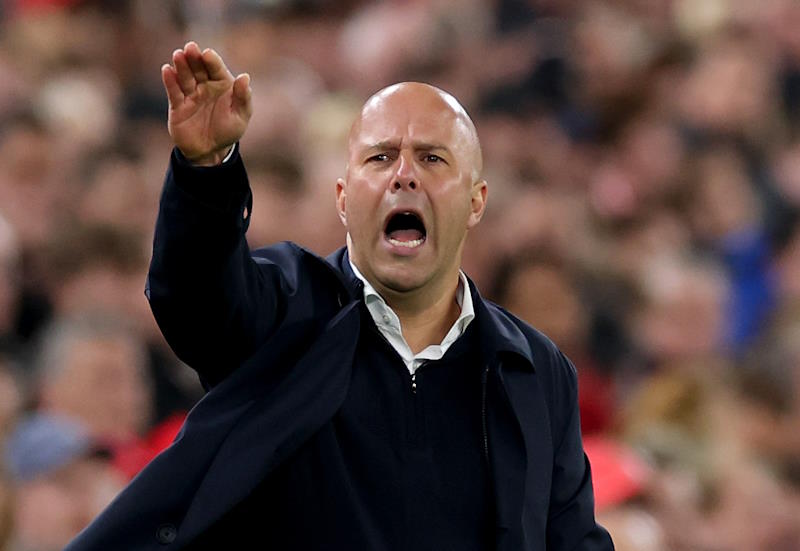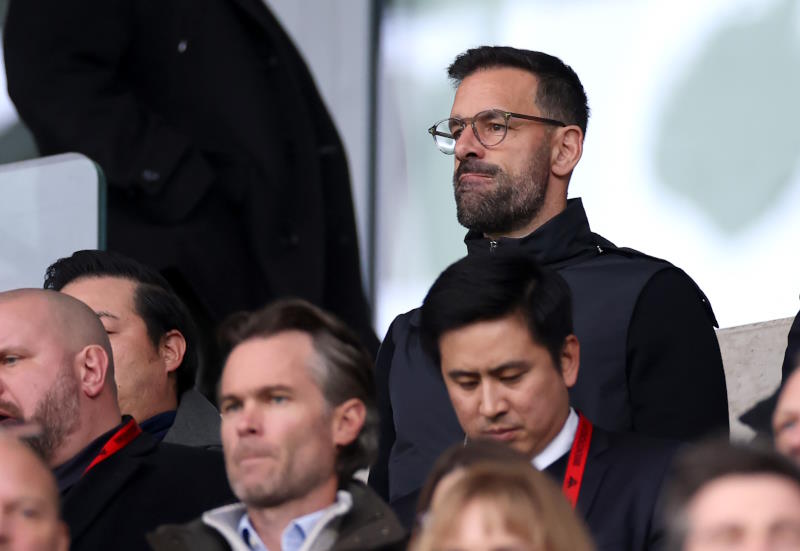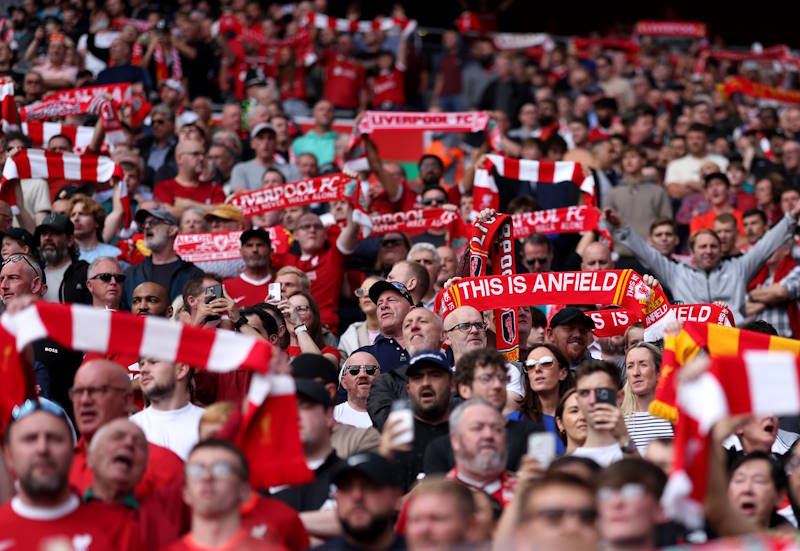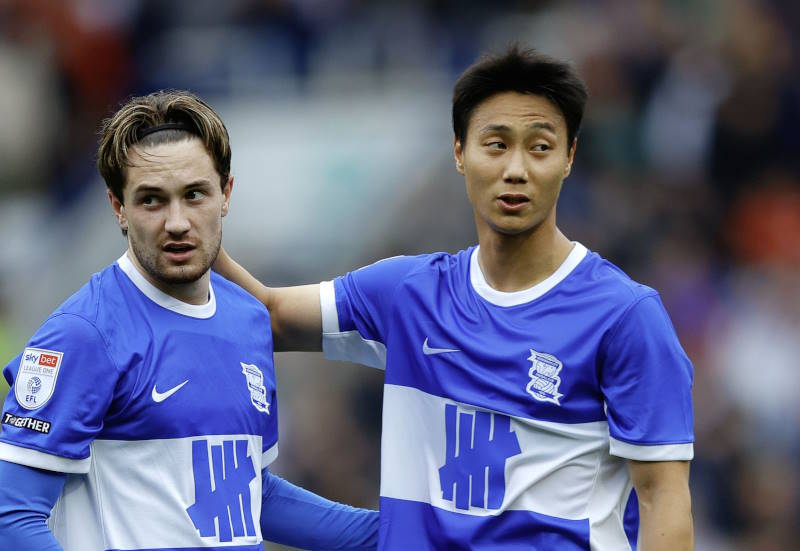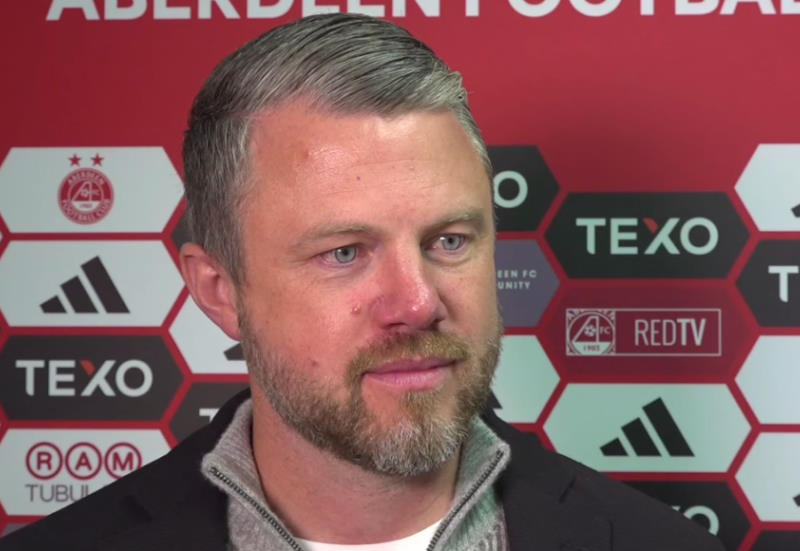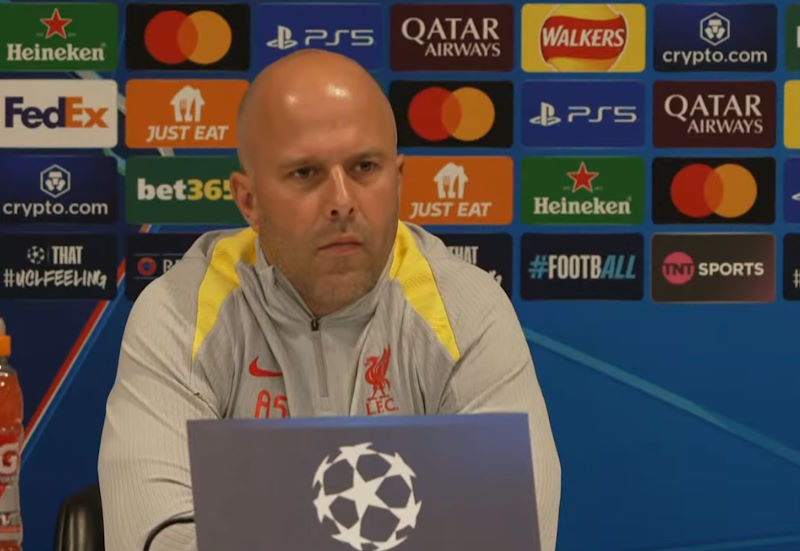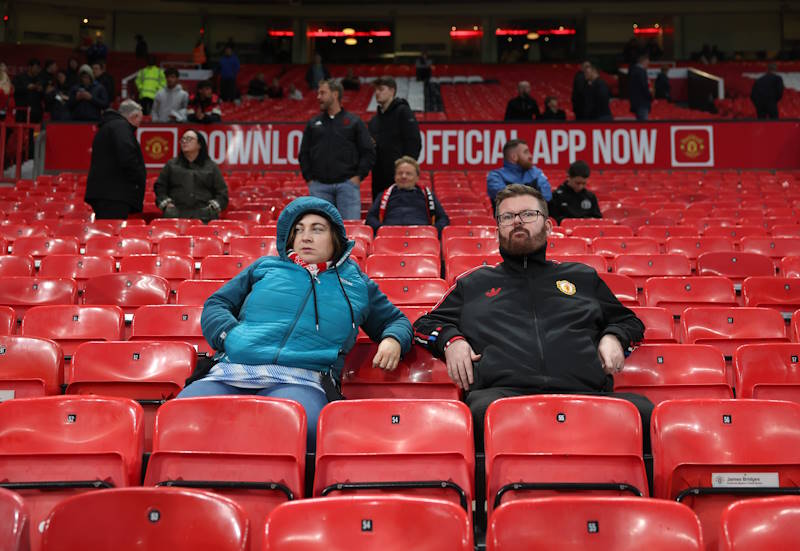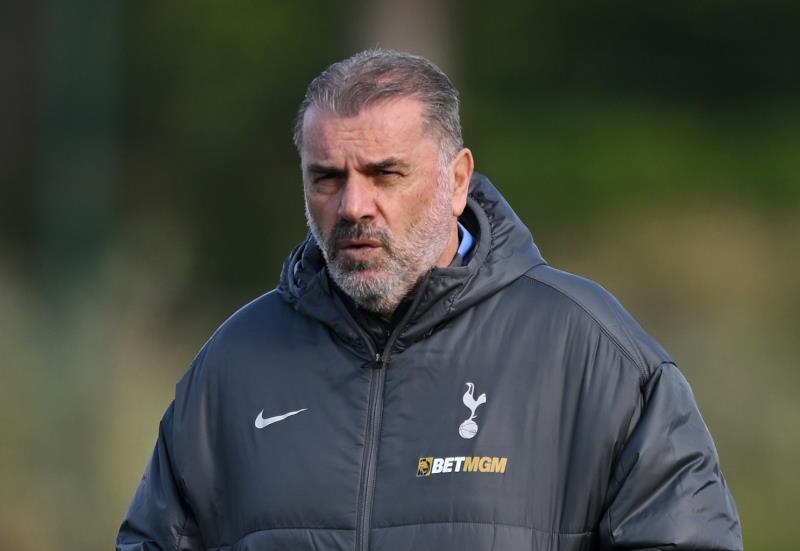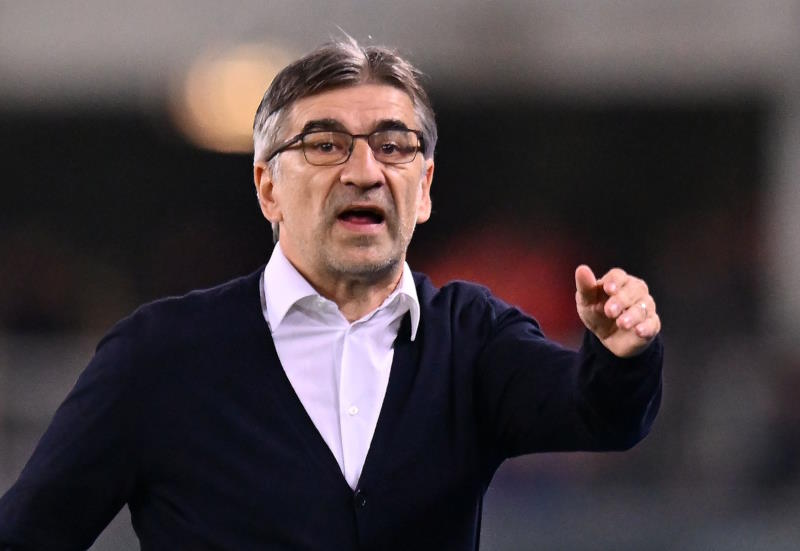
John Welsh
In May 1986 Middlesbrough were relegated to the old English Third Division with debts of £2M. By August, manager Bruce Rioch and 29 non-playing staff had been sacked and the gates to their Ayresome Park ground had been padlocked. Among the players during this period was Tony Mowbray. He is now the current manager, and tales from 1986 and 2011 bear a striking resemblance.
The summer of 1986 was a turbulent time for both Middlesbrough and Mowbray. Faced with the prospect of a winding up order and a financial ultimatum from the Football League, director Steve Gibson somehow found sufficient funds to avoid closure. A deal was struck with local firm ICI Chemicals while local racehorse owner Henry Moszkowicz also provided £300,000.
Middlesbrough were saved a day before the start of the new season and Rioch was reappointed as manager. Although the club was forced to play their opening fixture at Hartlepool’s Victoria Park, Rioch was asked to mould a crop of young talents into a competitive team.
The side contained players who would go on to become household names in the English game, the likes of Stuart Ripley, Gary Pallister and Bernie Slaven, while the youthful Mowbray at only 22 was given the captaincy. Rioch instilled so much self-belief into the team that they won promotion to the Second Division that season and in the following campaign attained top flight status.
Unfortunately, their stay in the First Division was short lived and Mowbray left the club in 1991. But it was the 1986-88 period for which he was best remembered as a player and which prompted Rioch to describe him as his true leader with whom he would ‘fly to the moon’.
After Mowbray’s departure life was never dull at Middlesbrough. There were two relegation seasons and three promotions, Steve Gibson became chairman in 1994, and the club moved to the 30,000 capacity Riverside Stadium in 1995. Amongst all this English international Nick Barmby was signed for £5.25M, Brazilian footballer of the year Juninho joined and then Italian and Juventus striker Fabrizio Ravanelli was bought for £7M.
More lavish spending followed, but it was the managerial appointment of Manchester United No.2 Steve McClaren in 2001 which seemed to trigger success on the pitch. The club won the League Cup in 2004, their first ever trophy, and were losing finalists in the 2006 UEFA Cup final.
When McClaren became England manager in 2006, new boss Gareth Southgate oversaw a steady decline in the club’s fortunes. Relegation in 2009 and the eventual sacking of Southgate brought former Celtic boss Gordon Strachan to Middlesbrough, and another spending spree the following summer.
The new arrivals failed to inspire the team and by October 2010, Middlesbrough were facing a relegation fight in the Championship, England’s second tier. Strachan left by mutual consent and the search for a new manager began.
Meanwhile, ex-player Tony Mowbray had been enjoying a chequered career as a manager. He learned his trade with a fairly successful spell in Scotland at Edinburgh side Hibernian, and after being appointed to the West Bromwich Albion hot-seat, guided the English club to the Premier League within 18 months. Although relegated the following season, Mowbray was highly thought of and was approached by Celtic.
However, his time at Celtic was catalogued by a series of poor results, and he was dismissed in March 2010.
By October the former defender was still looking for a new management role, and the Middlesbrough supporters were well aware of this. Gibson reacted to their demands for Mowbray and he was installed as manager on 26th October 2010.
For his first home match in charge, Mowbray was given a hero’s reception by over 19,000 spectators. He was highly respected by the Boro faithful for his integrity and honesty, but the former West Brom boss could not prevent the team from losing 2-1 to Bristol City and they plunged to 23rd with 11 points.
Middlesbrough did win their next two matches to move to 19th and by the end of March were nine points clear of the relegation places. The 2006 UEFA Cup finalists finished the season 12th on 62 points.
Chairman Steve Gibson said at the time: “Our remit to Tony was to keep us in this division and we ended up with 62 points. There’s a different kind of discipline around the place with Tony around”.
But Middlesbrough still had the highest wage bill in the Championship and Gibson wanted this to be reduced. Leroy Lita, Gary O’Neill and David Wheater left the club this year to be replaced by players signed on free transfers or for nominal fees.
Gibson has told the Boro faithful: “We haven’t got the finances to be a chequebook club and we cannot attract 50,000 like they can up the road at Newcastle”. Gibson, though, continues to provide the necessary financial support for the club, but gone are the days of multi-million pound transfer fees.
Despite this, last season’s improved form is being maintained with Middlesbrough unbeaten after six games in the new campaign. Gibson maintains: “We’re pretty confident that this season will see us take some important steps forward. In Tony we have the right man to do that”.
There are signs that Mowbray may be about to repeat the legendary influence of his playing days at Middlesbrough and guide the club back to the Premier League.

